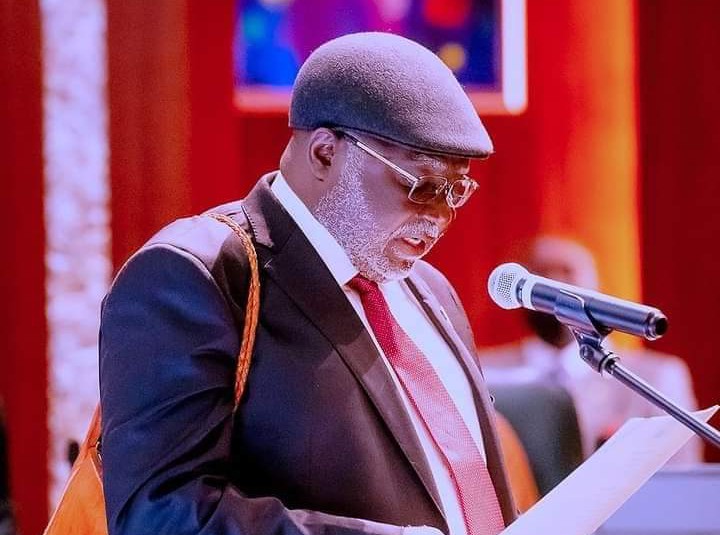In a surprising revelation, Supreme Court Justice Musa Dattijo Muhammad, who recently concluded his 47-year tenure on the bench, has made damning allegations against Chief Justice of Nigeria (CJN) Olukayode Ariwoola, accusing him of misusing the authority of his office.
Justice Muhammad raised these concerns during a valedictory session held in his honor, where he expressed his apprehensions about the current state of the judiciary. His central argument revolved around the concentration of power in the hands of the CJN, who, according to him, often makes unilateral decisions without consulting fellow justices.
“The structure of the judiciary places an overwhelming amount of authority in the hands of the CJN,” Justice Muhammad asserted. He pointed out that the CJN serves as the Chairman of multiple vital institutions, including the National Judicial Council (NJC), the Federal Judicial Service Commission (FJSC), the National Judicial Institute (NJI), and the Legal Practitioners Privileges Committee (LPPC) responsible for appointing Senior Advocates of Nigeria.
In Justice Muhammad’s view, these pivotal oversight functions should not solely rest with one individual, as he raised concerns about the potential for absolute power to lead to corruption.
Furthermore, the retiring Justice alleged that the deliberate failure to fill the vacant position for the South East on the apex court bench was directly linked to the excessive powers vested in the office of the CJN. With his retirement, the North Central zone, which he represented, will no longer have a Justice on the Supreme Court bench.
“The South East no longer has a presence at the Supreme Court since the passing of Justice Chima Centus Nweze, JSC,” he pointed out. Justice Muhammad highlighted the uneven regional representation, with only four geo-political regions – the South-West, South-South, North-West, and North-East – currently represented in the Supreme Court.
He questioned the delay in taking necessary steps to fill these vacancies and concluded that it was a deliberate decision tied to the overreaching powers of the CJN.
Additionally, Justice Muhammad expressed his concerns about the inadequate funding and welfare of judges, noting that despite a budgetary increase for the judiciary from 70 billion in 2015 to 165 billion at present, the well-being of justices and the quality of services rendered by the judiciary continued to deteriorate.
He also referenced past incidents of corruption and misconduct within the judiciary, which led to actions like the invasion of judges’ homes and arrests in 2016, and the subsequent arrest and arraignment of the former Chief Justice before the Code of Conduct Tribunal in 2019.
Justice Muhammad’s speech indicated a profound disillusionment with the state of the judiciary he was retiring from, suggesting a departure from the institution he initially aspired to serve and be associated with.
